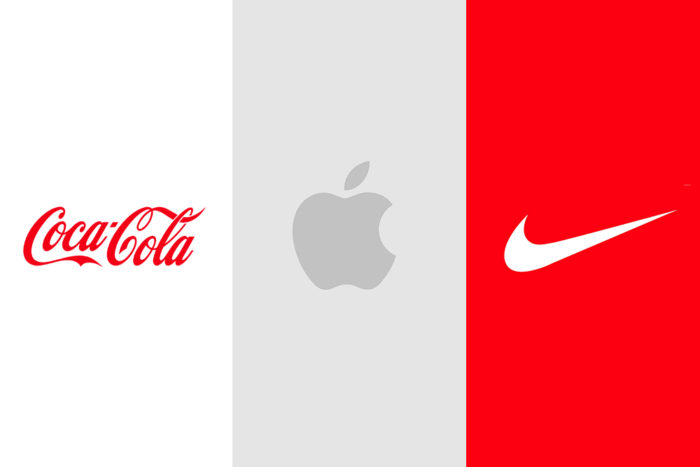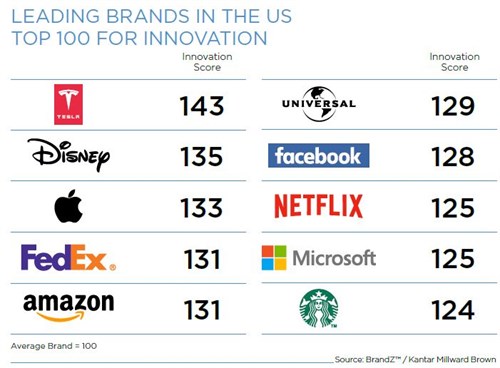America’s Brand Risk in India: When Tariffs and Threats Collide
India is a democracy—an enormous, noisy, complex democracy. This means public sentiment is not a policy lever in the hands of the Prime Minister’s Office. It is shaped by millions of voices, amplified by social media, TV debates, and street-level conversations. When geopolitical actions cross certain lines, no leader—no matter how pragmatic—can fully control the national mood.
The Double Trigger: Tariff War + Existential Threats
The ongoing tariff war between the United States and India was already a potential powder keg for public opinion. Now, combine it with a public, existential nuclear threat to India by Pakistan’s Army Chief Asim Munir—issued from American soil—and the optics become combustible.
For the average Indian consumer, the distinction between an individual’s remarks and a country’s tacit acceptance blurs quickly. The fact that Munir was able to make such statements in the U.S. without visible diplomatic pushback is perceived as, at best, indifference, and at worst, complicity.
Modi Cannot “Calibrate” Public Response
In a centrally controlled political system, the government can manage or mute national outrage. India’s democracy does not work that way. Modi’s government can issue statements, but it cannot stop consumers, influencers, and opinion leaders from reacting in ways that affect the marketplace. The backlash will be organic, chaotic, and potent—manifesting not just in hashtags but in buying choices, boycotts, and long-term brand perception.
The Brand Fallout for American Companies
American brands—tech giants, fast-food chains, lifestyle labels, streaming platforms—enjoy deep penetration in India’s consumer market. But the same network effects that drive their growth can quickly become accelerants for negative sentiment.
Here’s how it plays out:
-
Short-term: Social media campaigns trend against “pro-U.S.” brands. Sales dip as symbolic boycotts gain traction.
-
Medium-term: Indian competitors leverage nationalist marketing, positioning themselves as “homegrown alternatives.”
-
Long-term: American brands risk becoming culturally associated with an era of perceived U.S. hostility—something that lingers even if tariffs are rolled back.
The Missed Diplomatic Safeguard
A swift, clear, and public distancing from Munir’s remarks could have insulated U.S. brands from the blowback. Instead, silence or vague diplomatic language feeds the narrative that Washington tolerates such rhetoric when directed at India.
Conclusion: A Moment for Brand Diplomacy
The U.S. administration may see this as a political or military chessboard issue, but for American companies in India, it’s a branding emergency. The world’s biggest democracy is not just a market—it’s a mood. And when that mood turns, it can undo decades of market-building in months.
If Washington and U.S. corporations want to protect their standing, they need to engage in proactive brand diplomacy—public gestures, high-level reassurance, and tangible demonstrations of goodwill toward India’s people, not just its government.
अमेरिका के लिए भारत में ब्रांड जोखिम: जब टैरिफ और धमकियां टकराती हैं
भारत एक लोकतंत्र है—एक विशाल, शोरगुल वाला, जटिल लोकतंत्र। इसका मतलब है कि जनभावना प्रधानमंत्री कार्यालय के हाथ में कोई नीतिगत लीवर नहीं है। यह लाखों आवाज़ों से आकार लेती है, जिन्हें सोशल मीडिया, टीवी बहसों और सड़क-स्तरीय बातचीत से और बल मिलता है। जब भू-राजनीतिक कार्रवाइयां कुछ सीमाएं पार करती हैं, तो कोई भी नेता—चाहे कितना भी व्यावहारिक क्यों न हो—राष्ट्रीय मूड को पूरी तरह नियंत्रित नहीं कर सकता।
दोहरा ट्रिगर: टैरिफ युद्ध + अस्तित्व के लिए खतरे
अमेरिका और भारत के बीच चल रहा टैरिफ युद्ध पहले से ही जनमत के लिए एक बारूद का ढेर था। अब, पाकिस्तान के सेना प्रमुख आसिम मुनीर द्वारा भारत के खिलाफ सार्वजनिक रूप से, परमाणु स्तर का अस्तित्व-सम्बन्धी खतरा—वह भी अमेरिकी धरती से—जारी करना, इस तस्वीर को और विस्फोटक बना देता है।
औसत भारतीय उपभोक्ता के लिए किसी व्यक्ति के बयान और किसी देश की मौन स्वीकृति के बीच का फर्क जल्दी धुंधला हो जाता है। यह तथ्य कि मुनीर ऐसे बयान अमेरिका में बिना किसी स्पष्ट कूटनीतिक आपत्ति के दे पाए, इसे कम से कम उदासीनता और अधिकतम सहमति के रूप में देखा जाता है।
मोदी “जन प्रतिक्रिया” को नियंत्रित नहीं कर सकते
केंद्रीय रूप से नियंत्रित राजनीतिक व्यवस्था में, सरकार राष्ट्रीय आक्रोश को प्रबंधित या दबा सकती है। भारत का लोकतंत्र इस तरह काम नहीं करता। मोदी सरकार बयान जारी कर सकती है, लेकिन वह उपभोक्ताओं, इन्फ्लुएंसर्स और विचार नेताओं को उन तरीकों से प्रतिक्रिया देने से नहीं रोक सकती जो बाज़ार को प्रभावित करें। यह प्रतिकूल प्रतिक्रिया स्वतःस्फूर्त, अव्यवस्थित और प्रभावशाली होगी—सिर्फ हैशटैग में ही नहीं, बल्कि ख़रीदारी के चुनावों, बहिष्कारों और लंबे समय के ब्रांड धारणा में भी दिखाई देगी।
अमेरिकी कंपनियों के लिए ब्रांड पर असर
अमेरिकी ब्रांड—टेक दिग्गज, फास्ट-फूड चेन, लाइफस्टाइल लेबल, स्ट्रीमिंग प्लेटफॉर्म—भारत के उपभोक्ता बाज़ार में गहराई से घुसे हुए हैं। लेकिन वही नेटवर्क प्रभाव जो उनके विकास को आगे बढ़ाते हैं, नकारात्मक भावना के लिए भी त्वरक का काम कर सकते हैं।
यह प्रक्रिया कुछ इस तरह चलती है:
-
अल्पकालिक: सोशल मीडिया अभियानों में “अमेरिका समर्थक” ब्रांडों के खिलाफ ट्रेंड शुरू हो जाते हैं। बिक्री में गिरावट आती है क्योंकि प्रतीकात्मक बहिष्कार असर दिखाने लगते हैं।
-
मध्यम अवधि: भारतीय प्रतिस्पर्धी राष्ट्रवादी मार्केटिंग का लाभ उठाते हैं और खुद को “स्वदेशी विकल्प” के रूप में पेश करते हैं।
-
दीर्घकालिक: अमेरिकी ब्रांड एक ऐसे दौर से सांस्कृतिक रूप से जुड़ सकते हैं जिसे भारत-विरोधी अमेरिकी रुख के रूप में देखा गया—और यह छवि बरकरार रह सकती है, भले ही टैरिफ बाद में हटा दिए जाएं।
छूटा हुआ कूटनीतिक सुरक्षा कवच
मुनीर के बयानों से तुरंत, स्पष्ट और सार्वजनिक दूरी बनाना अमेरिकी ब्रांडों को इस प्रतिक्रिया से बचा सकता था। इसके बजाय, मौन या अस्पष्ट कूटनीतिक भाषा उस धारणा को मजबूत करती है कि वॉशिंगटन ऐसे बयानों को तब सहन करता है जब वे भारत की ओर निर्देशित हों।
निष्कर्ष: ब्रांड डिप्लोमेसी का समय
अमेरिकी प्रशासन इसे राजनीतिक या सैन्य शतरंज का खेल मान सकता है, लेकिन भारत में अमेरिकी कंपनियों के लिए यह एक ब्रांडिंग आपातकाल है। दुनिया का सबसे बड़ा लोकतंत्र सिर्फ एक बाज़ार नहीं है—यह एक मूड है। और जब यह मूड बदलता है, तो यह महीनों में दशकों की मार्केट-बिल्डिंग को मिटा सकता है।
अगर वॉशिंगटन और अमेरिकी कंपनियां अपनी स्थिति बचाना चाहती हैं, तो उन्हें सक्रिय ब्रांड डिप्लोमेसी में उतरना होगा—जनता के लिए ठोस सद्भावना दिखाने वाले सार्वजनिक कदम, उच्च-स्तरीय आश्वासन, और भारत की जनता के साथ जुड़ाव, सिर्फ उसकी सरकार के साथ नहीं।



No comments:
Post a Comment